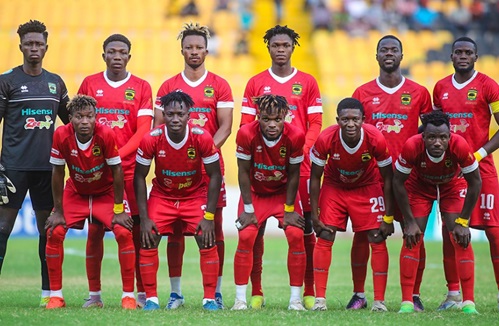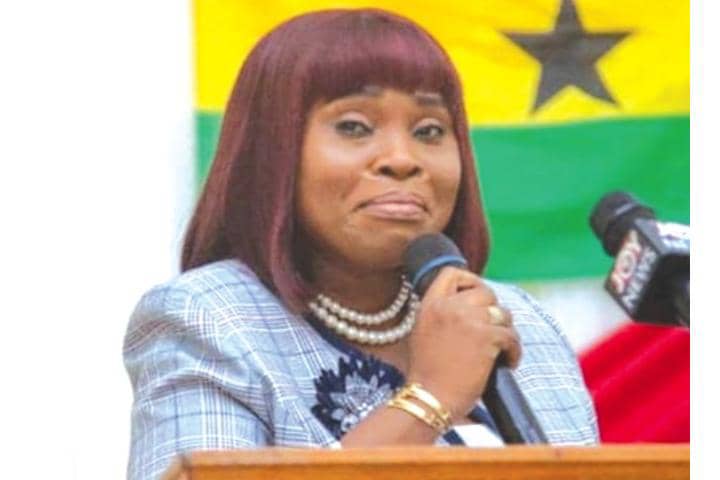A collision between a bus and a truck killed 19 people in Senegal on Monday, as the authorities faced resistance from transporters against new measures adopted after another deadly accident just a week earlier.
“Yet another fatal accident on our roads at the entrance to Ngeun Sarr. 19 human lives lost,” tweeted President Macky Sall.
The crash near Louga (north) also left 25 people injured, Colonel Papa Ange Michel Diatta, a national fire department official, told AFP.
On January 8, more than 40 people were killed when two buses collided in the center of the country, bringing to light the well-known problems of the road in Senegal as in many African countries: dilapidated and dangerous vehicles, reckless driving, and widespread corruption among officials in charge of enforcing the law or passing driving licenses.
A witness interviewed by the private radio station RFM reported that on Monday morning the bus swerved to avoid a donkey, an explanation that was not confirmed. Many cattle roam on or near roads in Senegal.
The January 8 tragedy, blamed on a burst tire, has sparked a wave of criticism against the authorities for their inability to enforce the rules of the road, as well as regulations on the condition of vehicles.
In the wake of this accident, one of the deadliest in Senegal in recent years, the government announced some 20 measures. Many of these measures have been criticized as being unenforceable by transport professionals, the main people concerned.
The head of state reaffirmed the need for them on Twitter. The accident in the north “highlights the need to strengthen road safety measures,” he said.
Many professionals have deemed the measures out of step with economic realities or lifestyles, for example, the ban on buses and minibuses travelling at night, or the ban on importing used tires.
Buses carrying passengers as well as goods are an essential means of transport between localities, for want of alternatives. Buses are commonly converted to increase capacity and fitted with roof racks that are often overloaded to the point of threatening to handle.
Not only do passengers like to carry bulky items, but the racks are a source of additional revenue for transport operators.
Some of the transport unions have announced an indefinite strike starting Tuesday in protest.
“Regulation of the sector: the State in a big jam”, was the headline on Monday in the newspaper Le Quotidien.
The authorities quickly backed down on the ban on equipping buses with luggage racks and granted a one-year exemption.
Another reason for confrontation between the government and transporters, in an inflationary context, prices. Minibus operators have just announced an increase in their fares in the Dakar region, arguing that the government has recently cut fuel subsidies and increased the price of diesel and super fuel by 100 CFA francs (15 euro cents).
The government refused to accept this increase, which it said was illegal because it had not been approved by the authorities.
Road accidents officially kill 700 people each year in Senegal, a country of more than 17 million people.
In 2019, Senegal had a road death rate of 24 per 100,000 inhabitants, and sub-Saharan Africa 27 per 100,000, compared with a rate of 6 per 100,000 in the European Union and 2 in Switzerland, according to the World Bank.
SOURCE :Graphiconline






